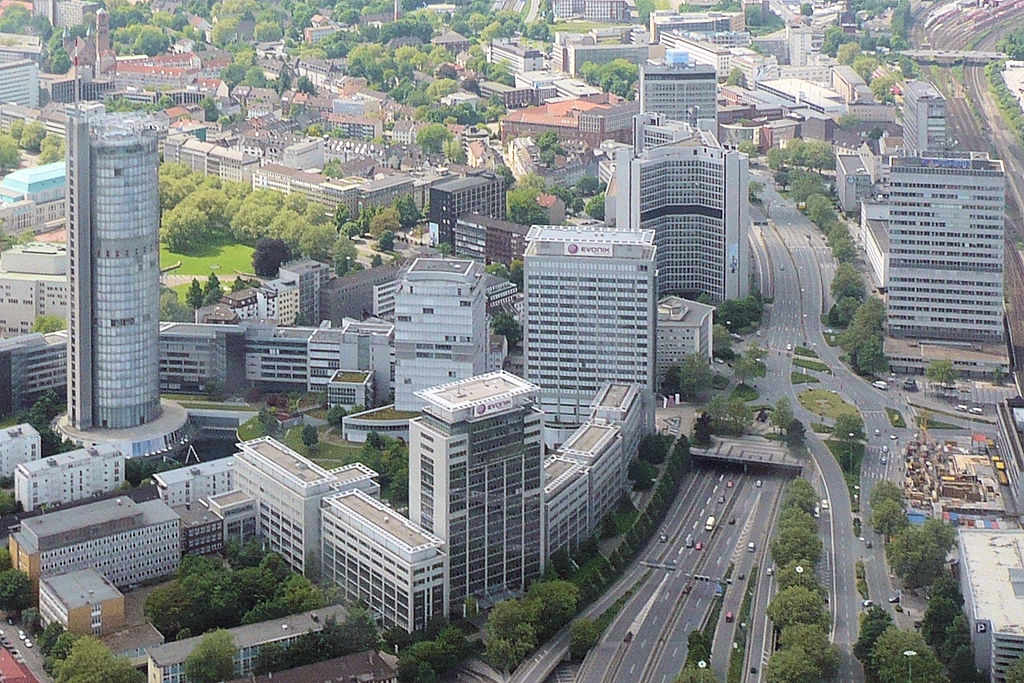Women mayor ‘warriors’ of the Amazon inspire COP25 delegates with stories of resilience
Mayor Fernanda Hassem (centre) shares with the audience the many challenges the people of Brasiléia face due to climate change, as Mayor Surita of Boa Vista (left) and Mayor Chaves of Maranhão (right) look on.
“The federal government is neglecting the Amazon Rainforest. They’re not committed to the forest. And they’re leaving people who live in the forest very vulnerable.” Those words didn’t come from a New York Times editorial, but rather from Rosaria Chaves, Mayor of Cururupu, a municipality in Maranhão, Brazil.
Mayor Chaves, who has won widespread recognition for overseeing local conservation efforts as well as the promotion of sustainable family farming, shared her frank views during yesterday’s Women Mayors of Amazon session at COP25 in Madrid. She was joined by two other remarkable female mayors, Fernanda Hassem, from the municipality of Brasiléia in the state of Acará, and Teresa Surita, Mayor of Boa Vista, capital of the state Roraima.
Each of these Amazon mayors faces tremendous pressures due to factors ranging from poverty to global warming to inherent biases against female leaders, but they remain determined to deal with these adversities rather than succumb to the many challenges they face.
This mindset was typified by the youngest mayor among them. Thirty-seven-year-old mayor Fernanda Hassem spoke of the impact weather has had on her community. “We have two seasons: We have lots of rain. And then we have less rain.” But she said she and her constituents were learning how to deal with the many challenges associated with such inclement weather, “because we are a very energetic people. We are combative. We are warriors.”
Mayor Hassem said that in a recent major flood, 70 percent of local land ended up under water. As recently as 2015, however, over 80 percent of the area was flooded. In response to such disasters, she says the community has learned to work more closely together, pooling their labor and financial resources in order to tackle such problems head on, to the extent that, “through our rebuilding, we actually created jobs as part of new private-public partnerships.”
All three mayors said another major challenge to their respective communities is that many are geographically dispersed in remote forested areas or outlying islands, where lack of energy and lighting seriously impede quality of life.
Mayor Teresa Surita of Boa Vista has taken her community in a new direction. Boa Vista is a community with a long history of relying on coal as an energy resource, but she has invested heavily into solar energy for everything from powering buildings, to streetlights and even the local theatre. “Initially people asked us if this [investment into solar energy] was really going to work. But now they’re finding they have a better, more reliable supply of energy.” She calculates their investments into solar arrays are paying for themselves in five years and because of this, they are now building a new 5-megawatt power plant.
Yet another common challenge of these northern communities is food security. In the past, Mayor Chaves said, there was an inadequate supply of food to the point where residents of all ages were experiencing the stress and trauma associated with hunger, including schoolchildren. She said her municipality has responded through a series of initiatives, ranging from the building of green houses, to fast-tracking the creation of new residential gardens, where locals are being taught how to grow food. “It’s mostly women who are growing these gardens, and they are now able to sell their food as a source of income. Now we’re purchasing this food for school meals, and for many children, it’s the most important meal of the day for them.”
In contrast to the federal government’s inability to cope with deforestation, Mayor Chaves says her community has embarked on an extensive tree planting program, as well as establishing a conservation area that encompasses 90 percent of local lands. “We’re doing our bit to protect our resources and fight climate change. I would just like the Brazilian government to take into account what we’re doing,” she observed.
As part of closing remarks, Mayor Hassem also took the federal government to task for not doing more to support their efforts at the local level. “We think there needs to be more supervision to stop the increase in forest fires. We have properties that are being burned down, farms that are being burned due to lack of respect. The Amazon has the greatest biodiversity of any forest on the planet. So, we can’t allow any backpedalling [when it comes to protecting the forest],” she said with dismay.
She added, “we know we’re not fighting alone and there are many behind us. We face many challenges. But I do not want to look backwards. We need to look forward with hope.”
City Lens is produced in collaboration with IMPAKTER.






